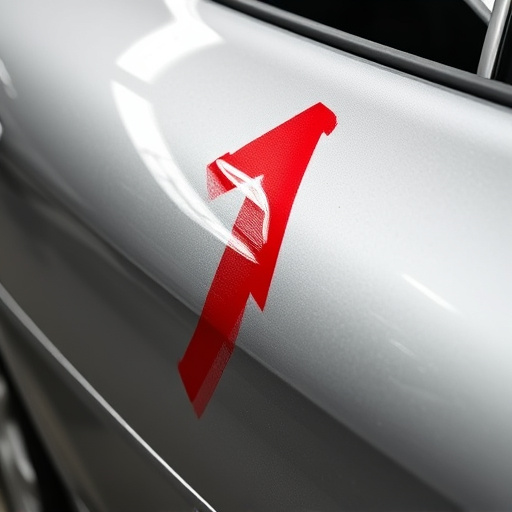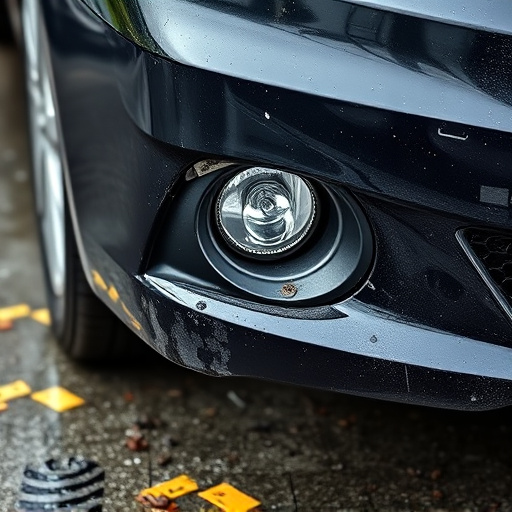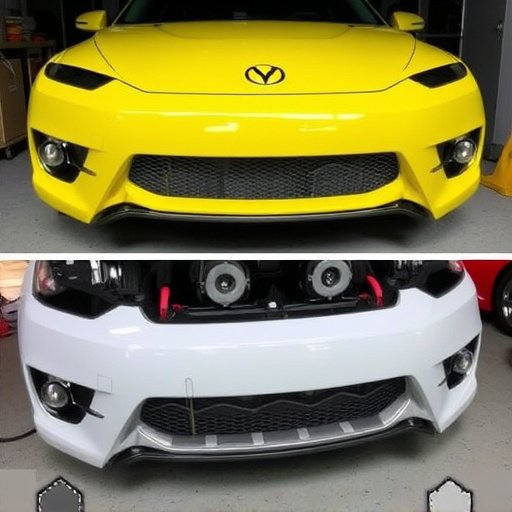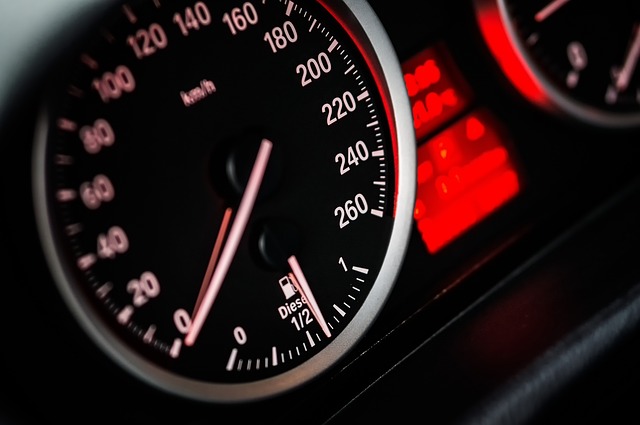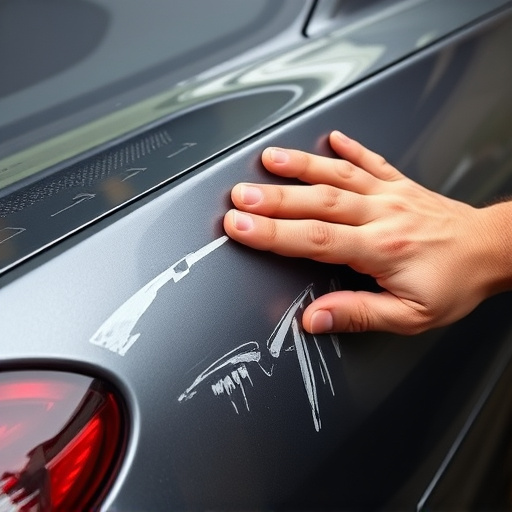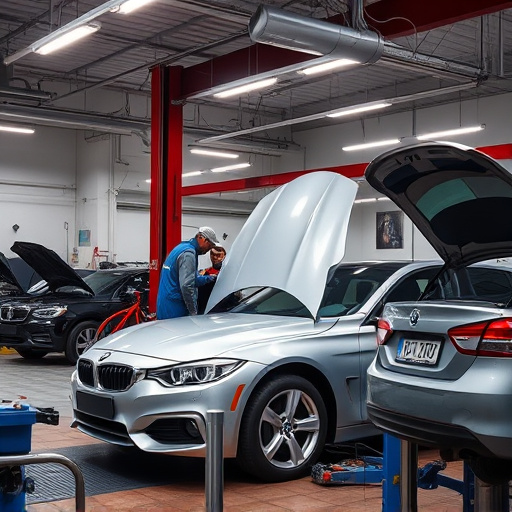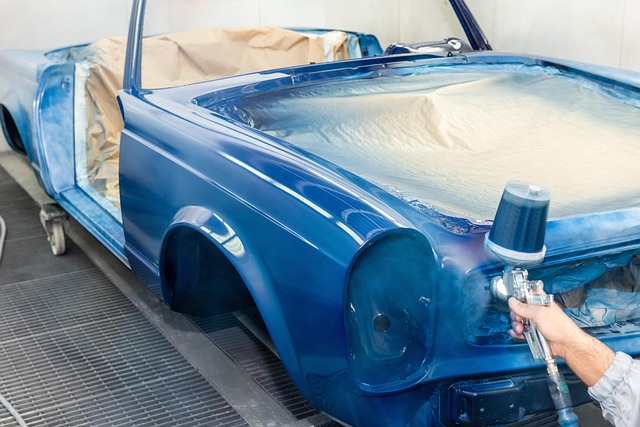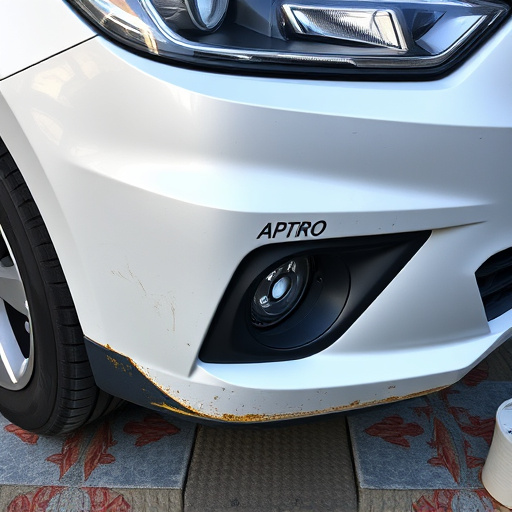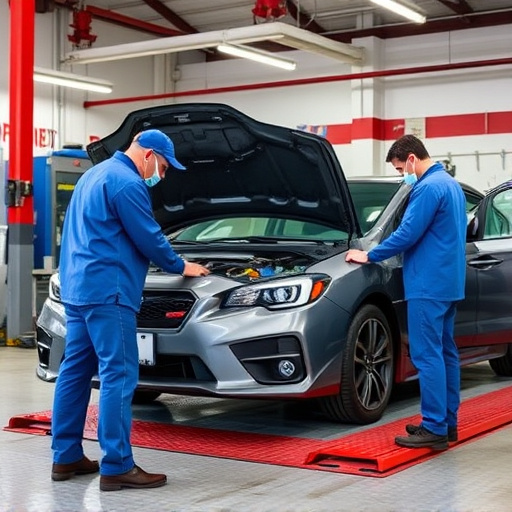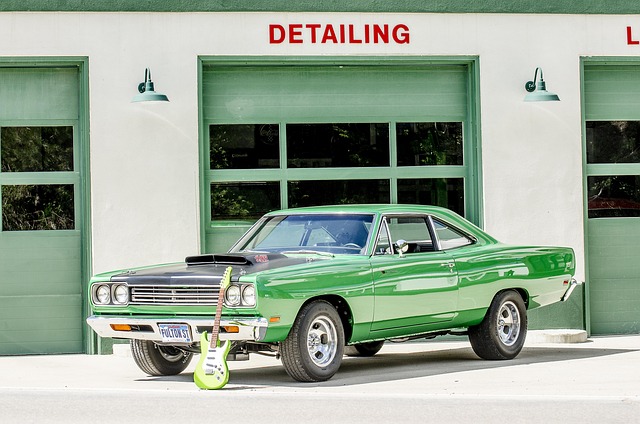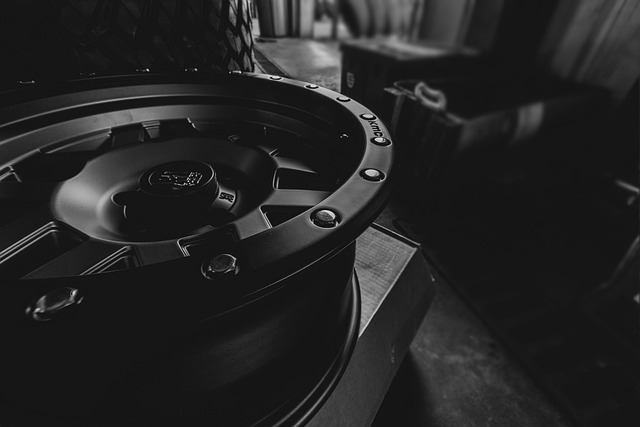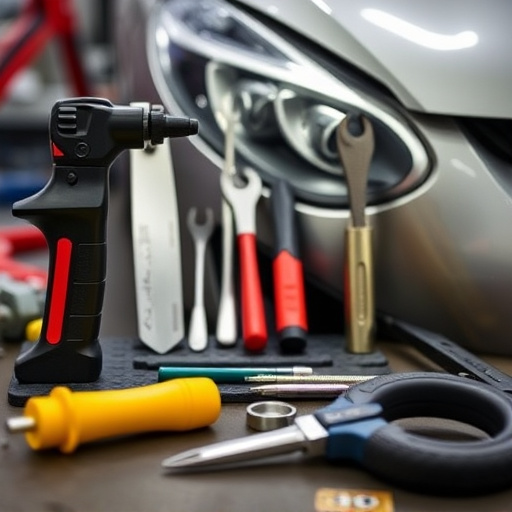Car dent severity dictates repair vs. replacement choices in car dent removal. Shallow dents can be repaired, while deep bends often require panel replacements for durable solutions. Considering immediate and future costs, replacements prevent recurring damage and save money long-term. Severe cases with structural compromise necessitate replacements over repairs for safety and aesthetics.
Car dents can range from minor nicks to severe panel damage. When deciding between repair and replacement, understanding dent types is crucial. This guide helps you navigate common car dent scenarios. We’ll break down cost comparisons and highlight signs that necessitate a full panel replacement. By understanding your options, you can make informed decisions for effective and affordable car dent removal.
- Understanding Common Car Dent Types
- Cost Comparison: Repair vs Replacement
- When a Panel Replacement is Necessary
Understanding Common Car Dent Types

Car dents can take various forms, each requiring a tailored approach during the car dent removal process. One common type is the shallow dent, often caused by light impacts or minor collisions. These typically leave an indentation on the surface of the car bodywork but don’t puncture the paint or damage the metal underneath. Another prevalent dent is the more severe, deep dent, which can result from harder hits or larger debris. This kind of dent may even cause the panel to bend or deform slightly.
Understanding these variations is crucial when deciding whether a simple dent removal or a full panel replacement is needed. While minor dents can often be effectively repaired by professional collision centers using specialized tools and techniques, more extensive damage might necessitate a complete swap of the affected panel. This decision-making process plays a significant role in determining the most efficient and cost-effective solution for car dent removal.
Cost Comparison: Repair vs Replacement

When considering car dent removal, one of the most significant decisions is whether to opt for a repair or a full panel replacement. While repairs are often seen as a more cost-effective solution, it’s crucial to weigh this against the long-term benefits of a replacement. A simple repair might seem like an attractive option, saving you money upfront. However, with smaller dents, there’s a risk that they can reappear over time due to the strain on the existing panel. This could lead to more significant damage and more frequent repairs, ultimately costing you more in the long run.
In contrast, full panel replacement offers a durable solution. It involves sourcing new panels, often from the same manufacturer as your vehicle, ensuring an exact fit. While this may come with a higher upfront cost, it guarantees that your car will be restored to its original condition or even better. Auto glass repair and car paint services play a crucial role in preparing and finishing the replacement panels, ensuring a seamless integration into your vehicle’s existing structure and aesthetics. Car restoration techniques are employed to match the color, texture, and overall quality of the original components, providing a long-lasting fix.
When a Panel Replacement is Necessary
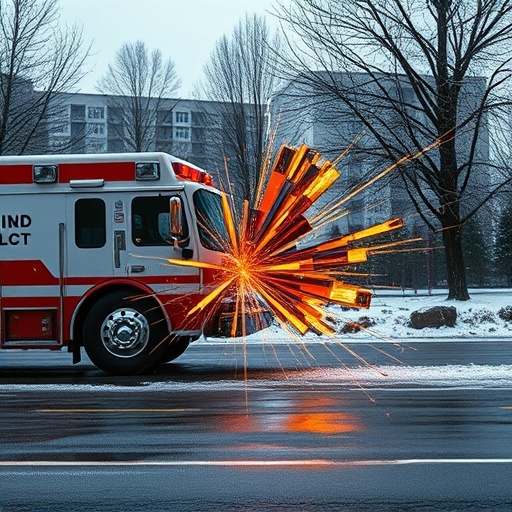
When a car dent removal goes beyond simple repairs, it might be time to consider a full panel replacement. While minor dents and scratches can often be effectively removed through painting or specialized repair techniques, more severe damage warrants a different approach. Panel replacements are necessary when the affected area involves large areas of bent metal, deep creases, or multiple dents clustered together. In such cases, the structural integrity of the car body is compromised, making it unsafe to simply patch up the damage.
Automotive restoration experts recommend replacing panels if they cannot be straightened and aligned properly without causing further stress on surrounding panels. Car bodywork that has been extensively damaged due to accidents or impact may also require replacement to ensure a smooth, seamless finish. Scratch repair techniques are not suitable for these scenarios, as they can lead to an uneven surface or even more noticeable imperfections over time.
When it comes to car dent removal, understanding your options is key. By comparing repair costs with replacement, you can make an informed decision based on your specific situation. While repairs are often more cost-effective for smaller dents, full panel replacements become necessary when damage is extensive or structural integrity is compromised. Remember, prompt action after a dent occurs can prevent further damage and save you money in the long run.
